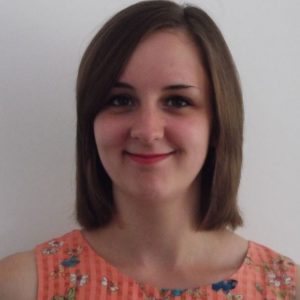
2016 was certainly a year filled with accomplishments, ends to challenging chapters and new beginnings. I graduated from the university of York with a master’s degree in mathematical biology which ultimately led to my position here in Exeter as a PhD student studying epilepsy. Recently, I have completed two projects with the CBMA group in our training process in an interdisciplinary environment. These projects posed many challenges! We learned the importance of collaboration in research, managing time and other group members effectively and most of all, team work. I’ve always had the best of both worlds, what with being in mathematics and biology, but even though my heart is in mathematics, I took a sneaky great pleasure in working in the wet labs for my second project! We found out that we were at our most successful when we made the most of people’s skills and worked together to gain an understanding of each part of the project.
In doing these projects, we were introduced to the MAGPIEs and learned about the importance of public involvement. This was particularly interesting to me – to be able to put an emphasis on the people suffering with diseases, such as epilepsy, as opposed to just doing some ‘cool maths’.
On the 22 November, myself, Wessel Woldman, Jennifer Creaser and Jo Welsman were involved in the epilepsy workshop that encouraged those who are impacted by epilepsy, the patient or supporter, to come along and discuss what questions they want addressing in research. Additionally, we gained first-hand accounts of their treatment, changes in lifestyle and the impacts that epilepsy has on their everyday life experiences. This was a shocking revelation for me as a new researcher because I had no extensive knowledge of the startling reality that these people must face. It was fascinating to see how our priorities as researchers somewhat coalesced with those of the lay audience. My interest is in the relationship between stress and epilepsy, so it made me think about the different factors that may impact my research.
Since being a part of such a large and dynamic research group, I noticed over the past 5 months how my training as a new researcher, my involvement in the CBMA rotation projects and my individual research and learning is already shaping an entirely new student from the one doing her masters. It’s amazing how in such a short space of time that you can learn so much and still know that you have so much more to learn